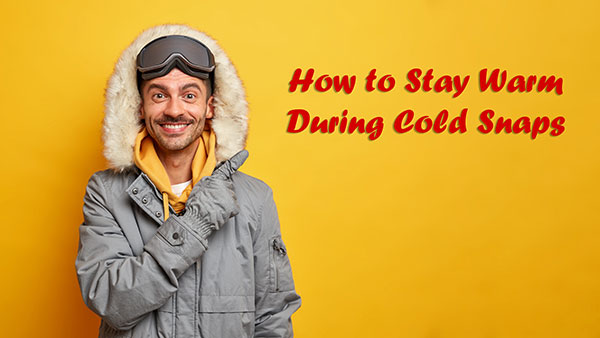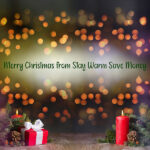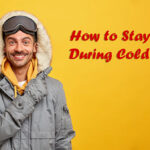
As temperatures plummet, it is important to know how to heat your home effectively and efficiently.
Here are some tips:
Ideal Heating Temperatures
The World Health Organization recommends maintaining an indoor temperature of 18°C (64°F) during winter. However, this can vary depending on individual needs. For children, the elderly, and those with health conditions, the Energy Saving Trust suggests a range of 18°C to 21°C (64°F to 70°F).
For newborns, the Lullaby Trust recommends keeping their room temperature between 16°C (61°F) and 20°C (68°F) to reduce the risk of sudden infant death syndrome (SIDS).
Older adults should heat the rooms they use most often to around 21°C (70°F), while keeping the rest of the house at least 18°C (64°F), according to Age UK. Temperatures below 12°C (54°F) can increase the risk of hypothermia, while temperatures above 24°C (75°F) can raise the likelihood of strokes or heart attacks.
Ventilation and Mould Prevention
Opening windows while the heating is on can waste energy and prevent you from reaching the desired temperature. However, opening windows for short periods (5 to 15 minutes) daily can improve air quality and reduce the risk of mould growth. Try ventilating your home when the heating is off.
If you have an air purifier, you may not need to open windows as often.
Curtains vs. Blinds
Curtains are better insulators than blinds, as heat can escape through blind slats. However, blinds can be more energy efficient during hot weather. Make your decision based on the climate in your area.
Closing curtains and blinds at night and when you are away helps keep heat inside. Rugs on wooden or laminate floors can also enhance insulation.
Heating When Away
You only need to keep the heating on when you are not at home if temperatures are expected to drop below freezing. This is to prevent pipes from freezing and bursting. British Gas recommends setting the thermostat to at least 7°C (44°F) when you are away for extended periods.
For pets, leaving the heating on is usually unnecessary unless they are left alone for more than a day.
Additional Tips
Aluminium foil behind radiators: Reflecting heat back into the room, aluminium foil wrapped around a thin sheet of card and placed behind a radiator can improve heating efficiency.
Oven heat: After cooking, leave the oven door slightly open to use the residual heat to warm the kitchen.
Draft excluders: Fill gaps under doors that allow heat to escape using draft excluders.
Bleed radiators: Twice a year, bleed radiators to remove air trapped inside, ensuring they work effectively.






